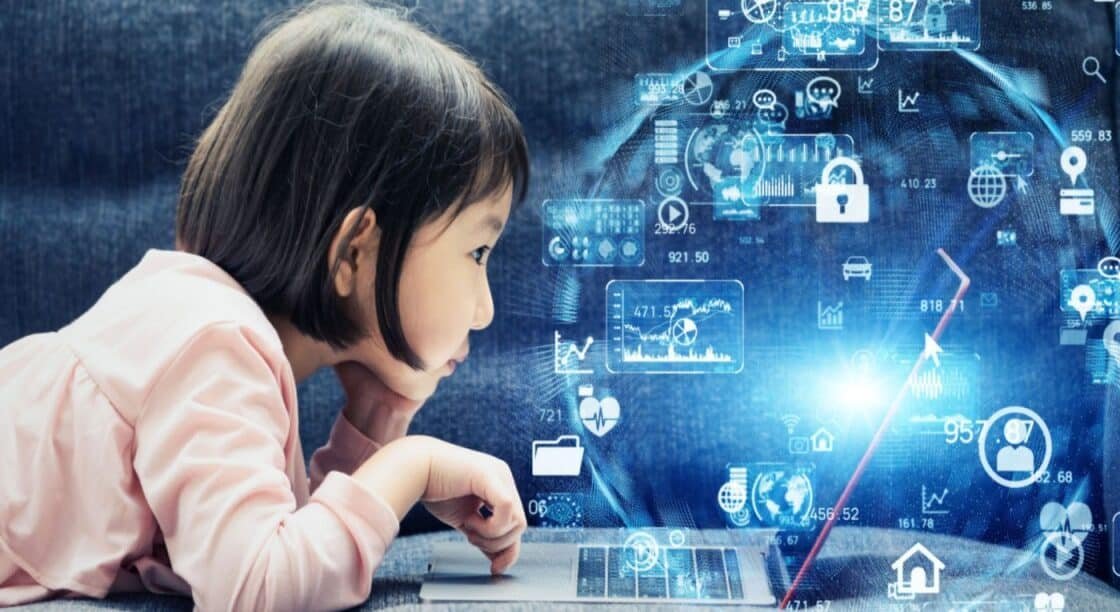As industries worldwide experience the rapid transformation brought by Artificial Intelligence (AI), the field of education is also poised for a significant revolution. The integration of AI technologies holds immense potential in reshaping the methods of teaching and learning as we know them. With AI’s advanced capabilities, educators can harness innovative approaches that cater to individual needs, optimize educational outcomes, and create personalized learning experiences. Embrace the future of education, where the powerful integration of AI technologies empowers educators and learners alike to embark on a transformative journey toward enhanced knowledge acquisition and educational excellence.
Applications of AI in Education
- Personalized Learning with AI
One of the key advantages of AI in education is its ability to offer personalized learning experiences. AI algorithms can analyze data on students’ learning preferences, progress, and performance to tailor educational content and activities to their individual needs. This approach enables students to learn at their own pace, focus on areas that require more attention, and receive personalized feedback.
- Intelligent Tutoring Systems
Intelligent tutoring systems leverage AI to provide adaptive and individualized instruction to students. These systems can assess students’ knowledge and skills, identify areas of weakness, and offer targeted guidance and support. By analyzing student responses and interactions, AI-powered tutors can adjust the learning path and provide real-time feedback, making the learning process more efficient and effective.
- AI-Powered Assessment and Feedback
AI technologies can streamline the assessment process by automating grading and providing timely feedback. Machine learning algorithms can analyze and evaluate student responses, essays, and assignments, reducing the burden on teachers and enabling them to focus on more personalized and qualitative feedback. This automated assessment also allows for immediate feedback, enhancing student engagement and understanding.
- Virtual Reality and Augmented Reality
AI combined with virtual reality (VR) and augmented reality (AR) opens up new possibilities for immersive and interactive learning experiences. VR can simulate real-world scenarios, enabling students to explore complex concepts and environments. AR overlays digital information onto the physical world, enriching the learning experience. These technologies can enhance engagement, creativity, and understanding in various subjects.
- AI in Administrative Tasks
AI can assist in administrative tasks within educational institutions. Chatbots powered by AI can handle routine inquiries from students, parents, and staff, providing timely and accurate responses. AI algorithms can also analyze vast amounts of data, such as student records and performance metrics, to generate insights that can inform administrative decisions and resource allocation.
- Ethical Considerations
The integration of AI in education raises important ethical considerations. Privacy and data security are crucial aspects to address, as student data needs to be protected and handled responsibly. It is essential to ensure transparency in AI algorithms, avoiding bias and discrimination. Additionally, ethical guidelines should be established to govern the use of AI in educational settings.
In conclusion, AI is playing a significant role in revolutionizing education. It offers personalized learning, intelligent tutoring, automated assessment, immersive experiences, and administrative support. However, ethical considerations and challenges must be addressed for responsible and equitable implementation. With ongoing advancements, AI has the potential to reshape education and empower learners in unprecedented ways.









